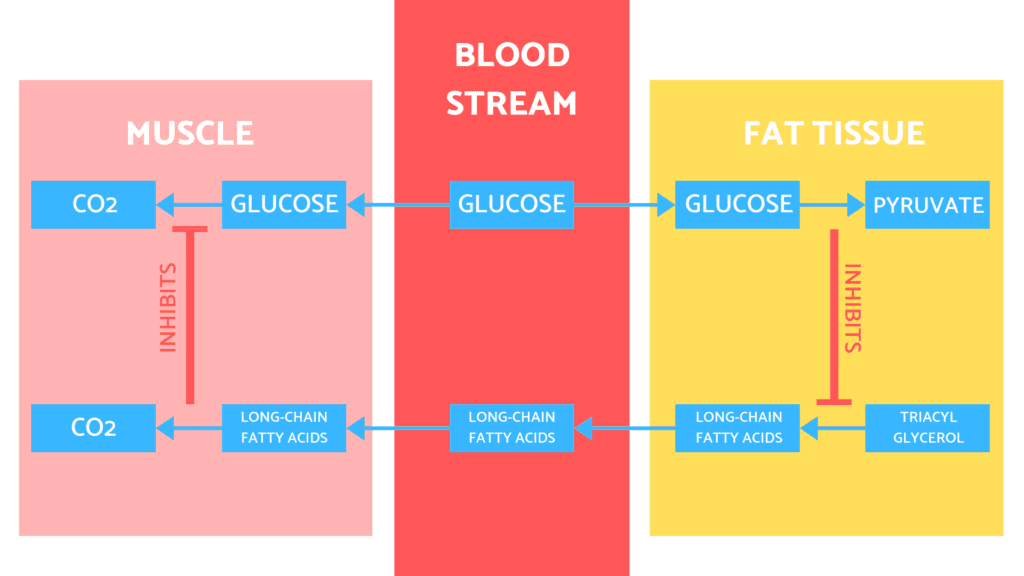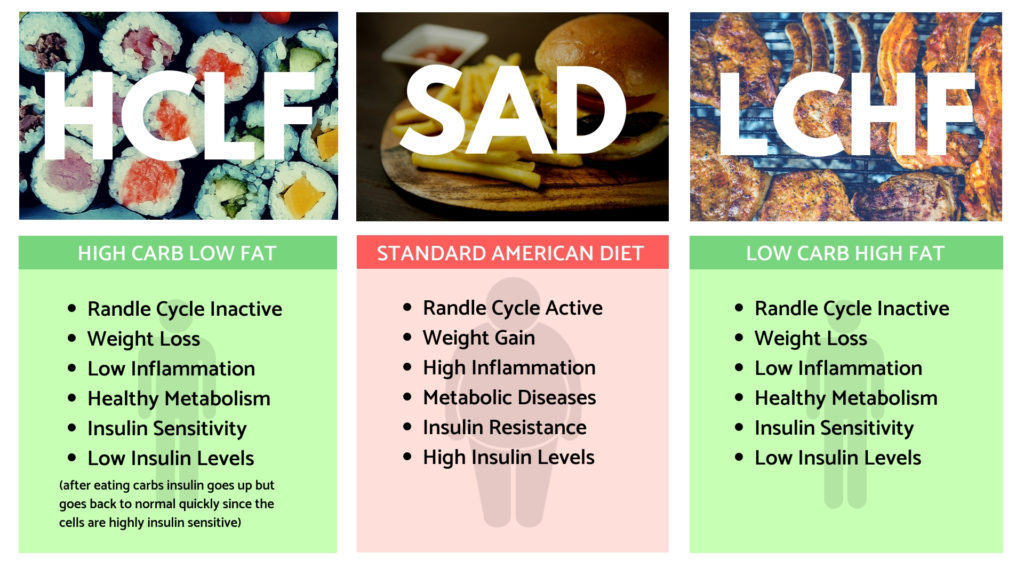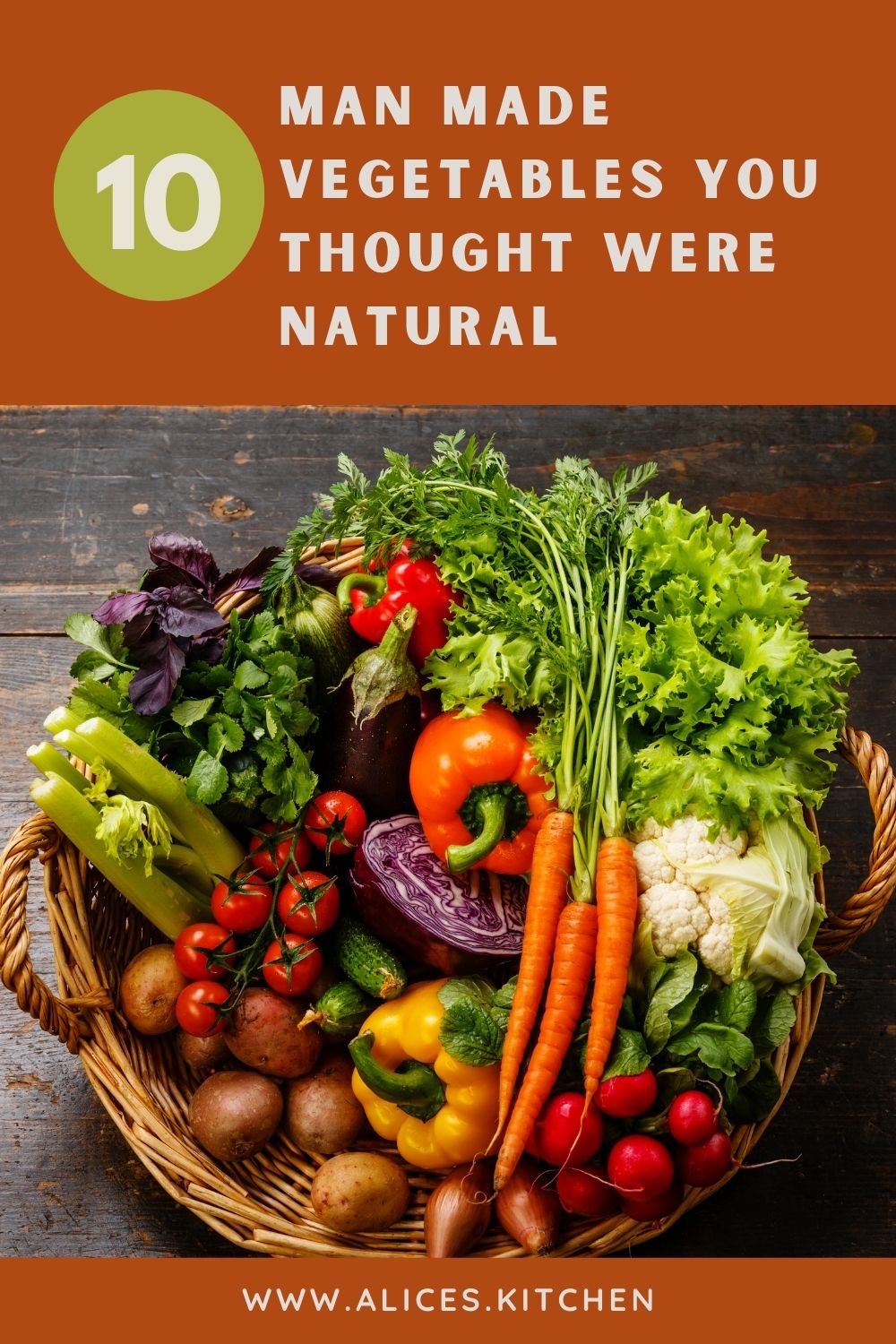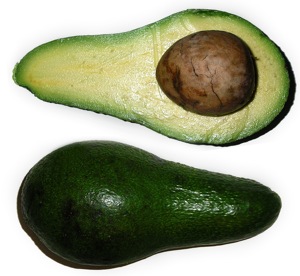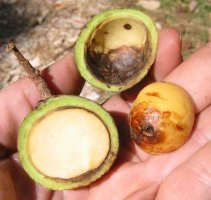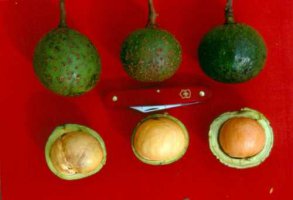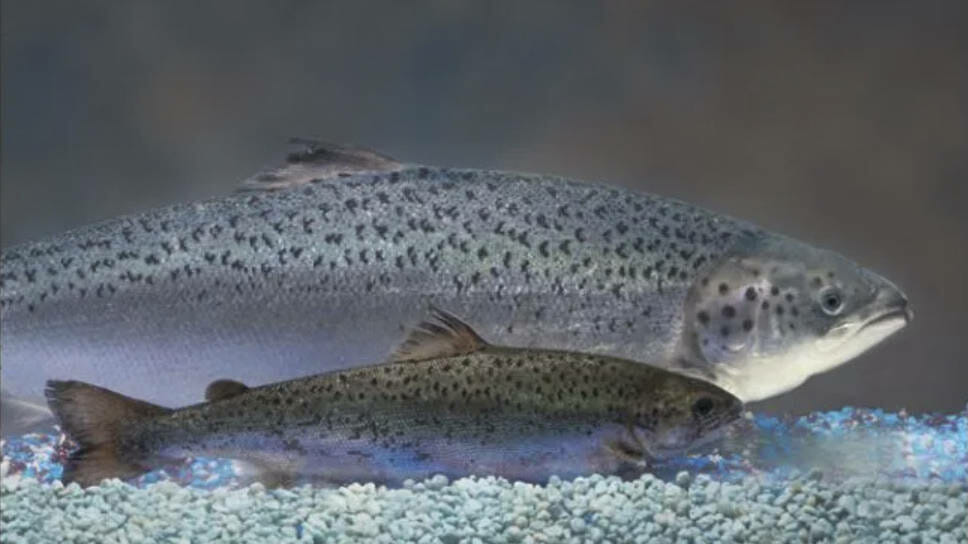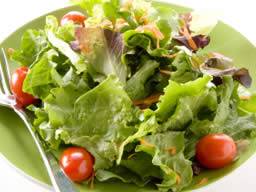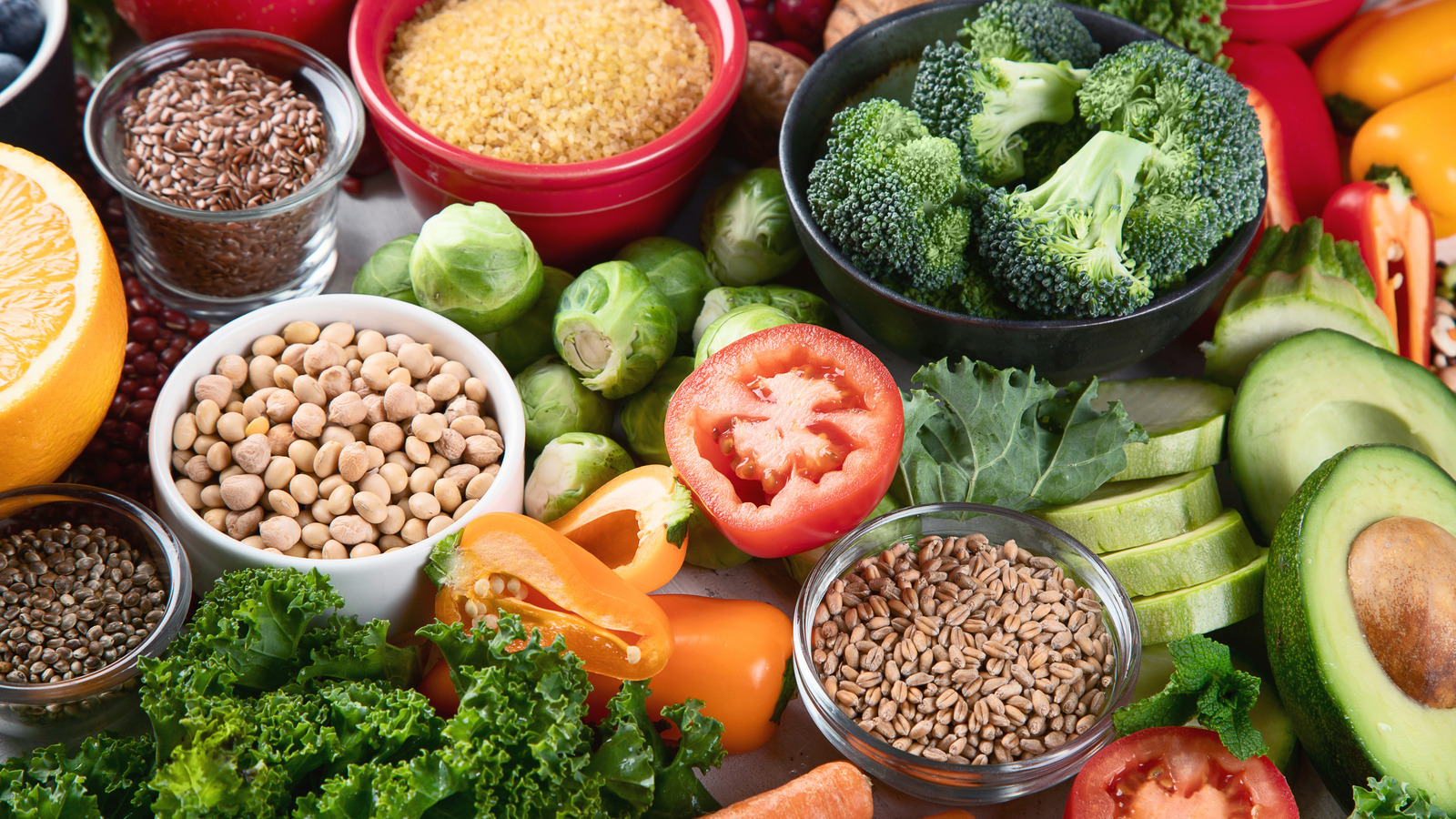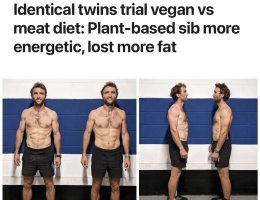Rinse & rePeat
Member
- Joined
- Mar 10, 2021
- Messages
- 21,516
“I think far too little attention is being given to the effects of abnormal and stressful growth conditions on the plants' natural defense systems. Plants normally synthesize some toxins and inhibitors of digestive enzymes to discourage attacks by bacteria, fungi, insects, and other predators. When a plant is injured or otherwise stressed, it produces more of the defensive substances, and very often they communicate their stress to other plants, and the resulting physiological changes can cause changes in seeds that affect the resistance of the progeny.”-Ray Peat

